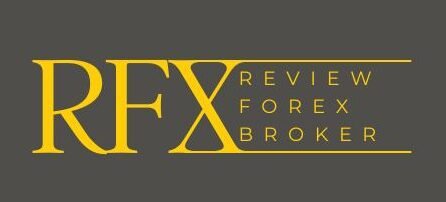When venturing into the world of forex trading, selecting the right broker is one of the most crucial decisions you’ll make. While factors like spreads, leverage, and trading platforms often take center stage, the importance of regulation should never be underestimated. A broker’s regulatory status not only impacts your safety as a trader but also provides insight into their credibility and operational standards.
What is Forex Broker Regulation?
Forex broker regulation refers to the oversight and governance provided by a financial authority to ensure brokers operate within legal and ethical boundaries. Regulatory bodies set standards for financial transparency, fair trading practices, and protection of client funds. Brokers under regulation are accountable to these authorities and must comply with strict guidelines.
Why is Regulation Important?
1. Protection of Client Funds
Regulated brokers are required to segregate client funds from their operational funds. This ensures that your money is safe even if the broker faces financial difficulties.
2. Fraud Prevention
The forex market has been a target for scams due to its decentralized nature. Regulation minimizes the risk of fraud by enforcing stringent background checks and operational audits on brokers.
3. Dispute Resolution
Regulatory bodies provide a framework for handling disputes. If you face issues with a regulated broker, you can escalate the matter to the regulatory authority for resolution.
4. Compliance with Ethical Practices
Regulated brokers must adhere to fair trading practices, including transparent pricing and ethical marketing. This ensures traders are not misled by false promises or manipulated trading conditions.
Key Regulatory Bodies in Forex Trading
Different countries have their own regulatory bodies overseeing forex brokers. Some of the most reputable ones include:
- United States: National Futures Association (NFA) and Commodity Futures Trading Commission (CFTC).
- United Kingdom: Financial Conduct Authority (FCA).
- Australia: Australian Securities and Investments Commission (ASIC).
- European Union: Cyprus Securities and Exchange Commission (CySEC) and Markets in Financial Instruments Directive (MiFID).
How to Verify a Broker’s Regulatory Status
- Check the Broker’s Website: Reputable brokers openly display their regulatory licenses and registration numbers.
- Visit the Regulator’s Website: Use the provided license number to verify the broker’s credentials on the regulatory authority’s website.
- Beware of Offshore Jurisdictions: While some offshore brokers may claim regulation, it’s crucial to research the credibility of the overseeing body.
Risks of Using an Unregulated Broker
Opting for an unregulated broker can expose you to numerous risks, including:
- Misappropriation of funds.
- Lack of accountability in disputes.
- Non-compliance with fair trading practices.
- Increased likelihood of fraudulent activities.
Conclusion
Regulation should be a top priority when choosing a forex broker. While it might not guarantee a flawless trading experience, it provides a level of security and trust that is essential in a volatile market. By selecting a broker regulated by a reputable authority, you can trade with confidence, knowing your interests are safeguarded.
When in doubt, always prioritize due diligence and ensure the broker you choose aligns with your trading needs and offers the protection you deserve.

